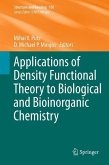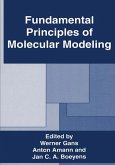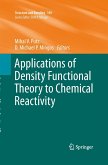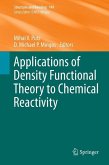It is difficult to overestimate the impact that density functional theory has had on computational quantum chemistry over the last two decades. Indeed, this period has seen it grow from little more than a theoreticalcuriosity to become a central tool in the computational chemist s armoury. Arguably no area of ch- istry has benefited more from the meteoric rise in density functional theory than inorganic chemistry. the ability to obtainreliable results in feasible ti- scales on systems containing heavy elements such as the d and f transition - tals has led to an enormous growth in computational inorganic chemistry. The inorganic chemical literature reflects this growth; it is almost impossible to open a modern inorganic chemistry journal without finding several papers devoted exclusively or in part to density functional theory calculations. The real imp- tance of the rise in density functional theory in inorganic chemistry is undou- edly the much closer synergy between theory and experiment than was p- viously posible. In these volumes, world-leading researchers describe recent developments in the density functional theory and its applications in modern inorganic and b- inorganic chemistry. These articles address key issues key issues in both sol- state and molecular inorganic chemistry, such as spectroscopy, mechanisms, catalysis, bonding and magnetism. The articles in volume I are more focussed on advances in density functional methodogy, while those in Volume II deal more with applications, although this is by no means a rigid distinction.
Bitte wählen Sie Ihr Anliegen aus.
Rechnungen
Retourenschein anfordern
Bestellstatus
Storno









